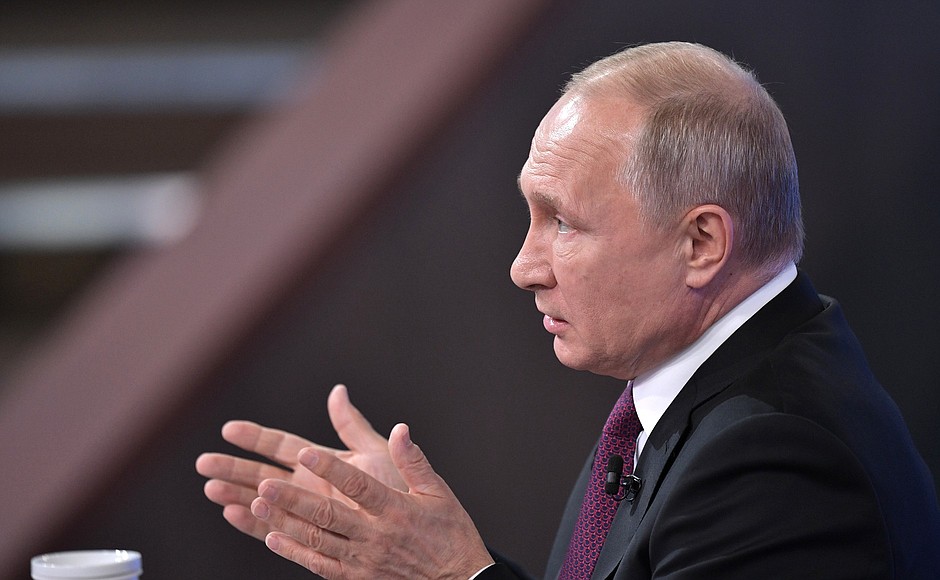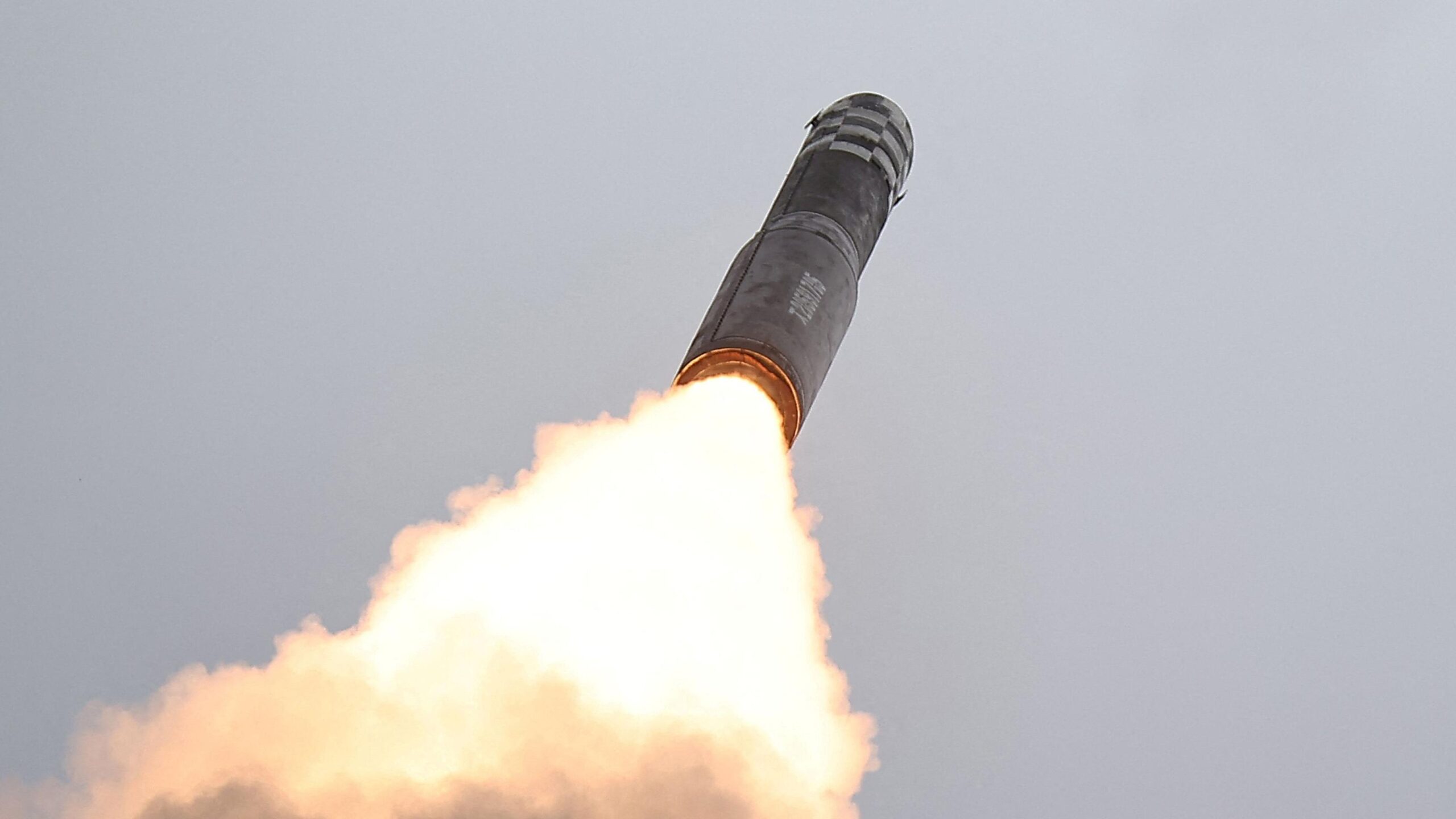President of Ukraine chief of staff, Andriy Yermak and former NATO Secretary General Anders Fogh Rasmussen, hold a press conference at the Munich Security Conference (Breaking Defense)
MUNICH — A government body setup by Ukraine to deliver security guarantees from across Europe today laid out its case for speeding Kyiv’s accession to NATO, dismissing three key concerns held by current members.
The International Advisory Group on Ukraine, co-led by former NATO Secretary General Anders Fogh Rasmussen and President of Ukraine Chief of Staff Andriy Yermak, is proposing all NATO countries agree to offer Ukraine an alliance membership invite, potentially, at the next NATO summit in Washington DC in July, “but won’t guess on timelines.”
Rasmussen called for the invite in short order because a “new security architecture in Europe” is needed and Ukraine ought to be an integrated part of NATO “to serve as a part of a barrier against an aggressive Russia.”
As a priority, the group, which was initially established in 2022 by Ukrainian President Vlodomyr Zelenskyy and tasked to enhance national security through new agreements with European partners, wants to see an end to all limits placed on weapon deliveries to Ukraine, repeating calls from pro-Ukrainian interlocutors over the past two years and which have largely fallen on deaf ears.
At the NATO Summit in Vilnius last year allies also decided against giving Kyiv an assession timeline, committing only to an invitation when “members agree and conditions are met.”
But Rasmussen said he plans to refute three arguments opposing the invitation.
First, Washington and European capitals have not made it clear, as analyst Joshua Huminksi recalled in an op-ed for Breaking Defense earlier this month, whether it’s “even plausible” for a country at war to join NATO.
To that, Rasmussen said that such logic hands Russian President a “de facto veto” vote in NATO simply by continuing the invasion. Surely NATO would not want to allow its adversaries — its reason for being, in the case of Russia — such a say over what it does.
Relately, the second concern is that even an invitation to Kyiv would be seen by the Kremlin as a significant escalation in the conflict, a worry over which Washington has stressed since the outbreak of the conflict. Rasmussen quashed that too, arguing it’s been Russian President Vladimir Putin who has has been “escalating since 2008.”
Finally, he debunked the idea that an invite would lead to NATO fighting a war with Russia, because he said “opposite” outcome is more likely, where Russia is deterred.
“Putin knows, from where Ukraine receives weapons today but has not attacked NATO countries because he respects Article 5,” he explained, refering to the NATO clause that calls for collective defense of any member state.
Crucially, the International Advisory Group invite also proposed a security assurance to Russia that it will not be attacked once Ukraine enters NATO. In return, “1991 borders” belonging to Ukraine, must be respected by Moscow, according to Rasmussen’s vision.
It remains to be seen if NATO leaders, including in Washington, are eager to invite Ukraine into the alliance mid-war, and less likely that Moscow sees a reason to agree to the 1991 borders, which would forfeit Ukrainian land currently controlled by Russia — especially since US President Joe Biden today acknowledged “Russia’s first notable gains in months” in eastern Ukraine.
Separately, today Yermak noted that other bilateral security pacts, similarly to those agreed between Ukraine, France, Germany and the UK in recent days, are currently under discussion. Deals with Canada, Denmark, Italy and the Netherlands, are expected to be concluded soon, he said. Zelenskyy mentioned the Danish pact during a visit to Munich today, saying it will include joint production of drones.





















Discussion about this post